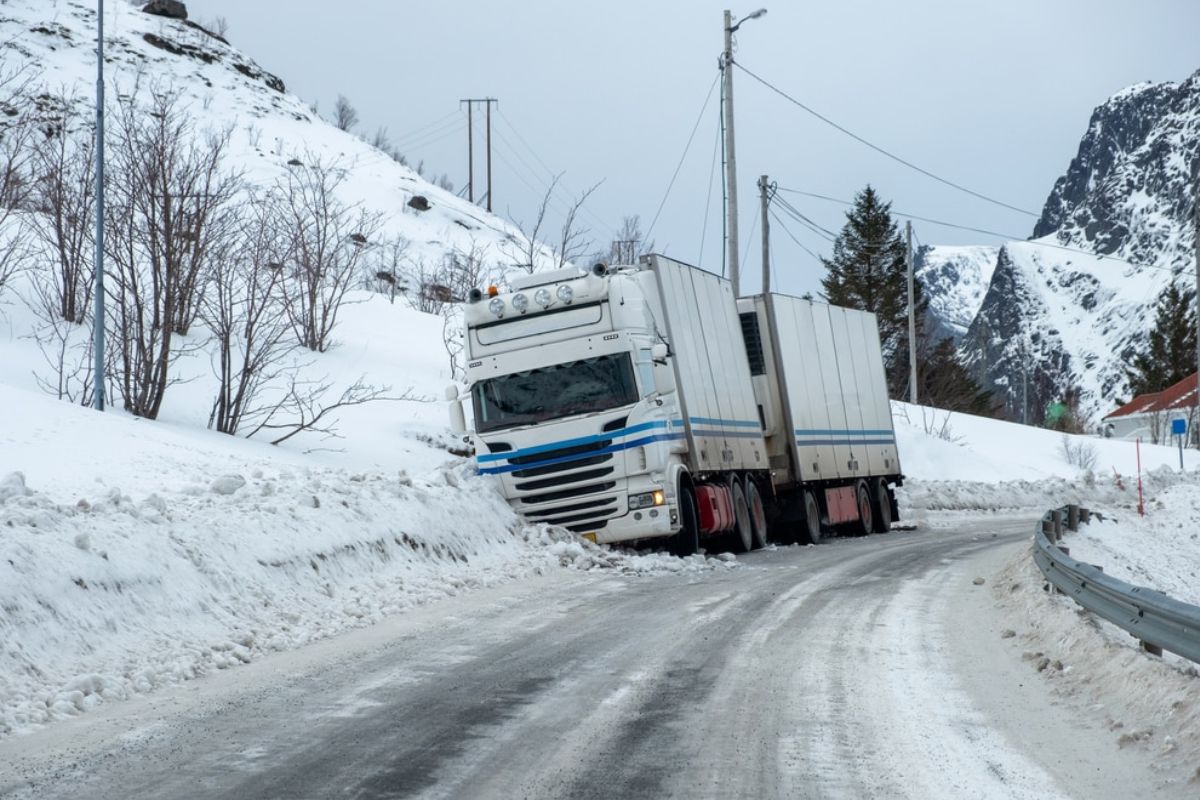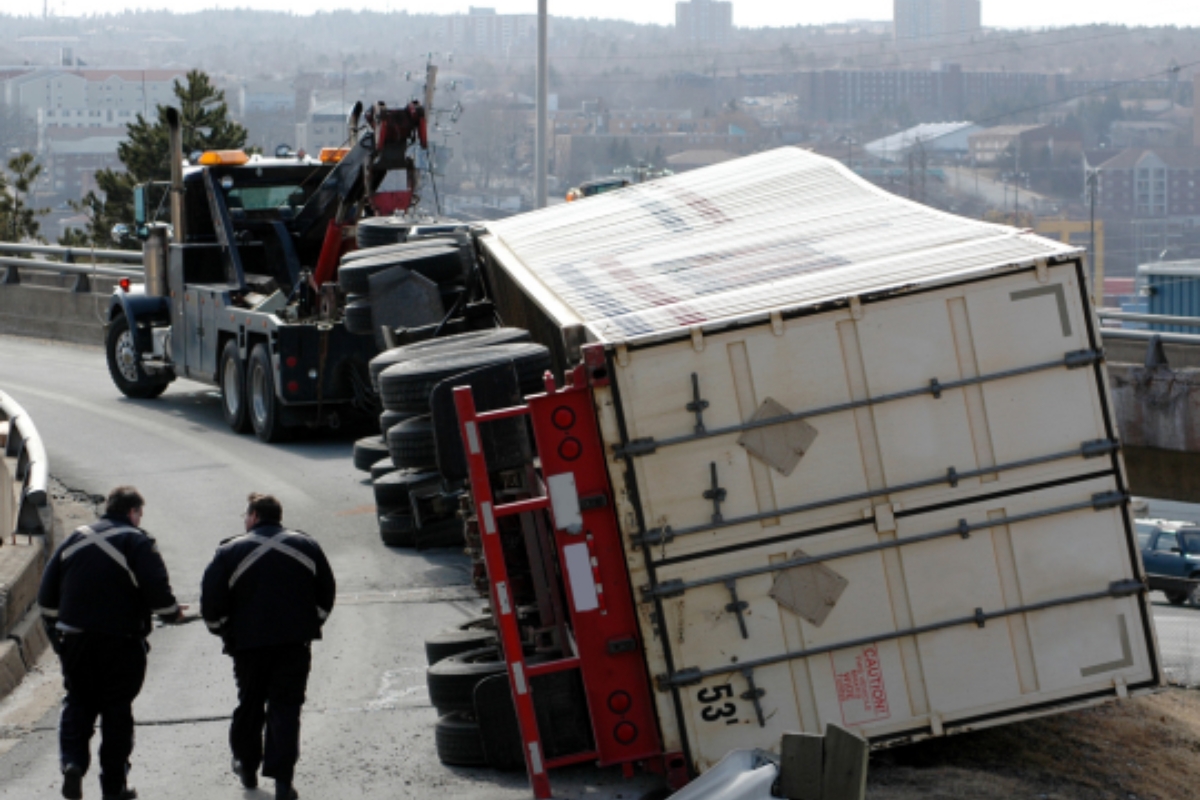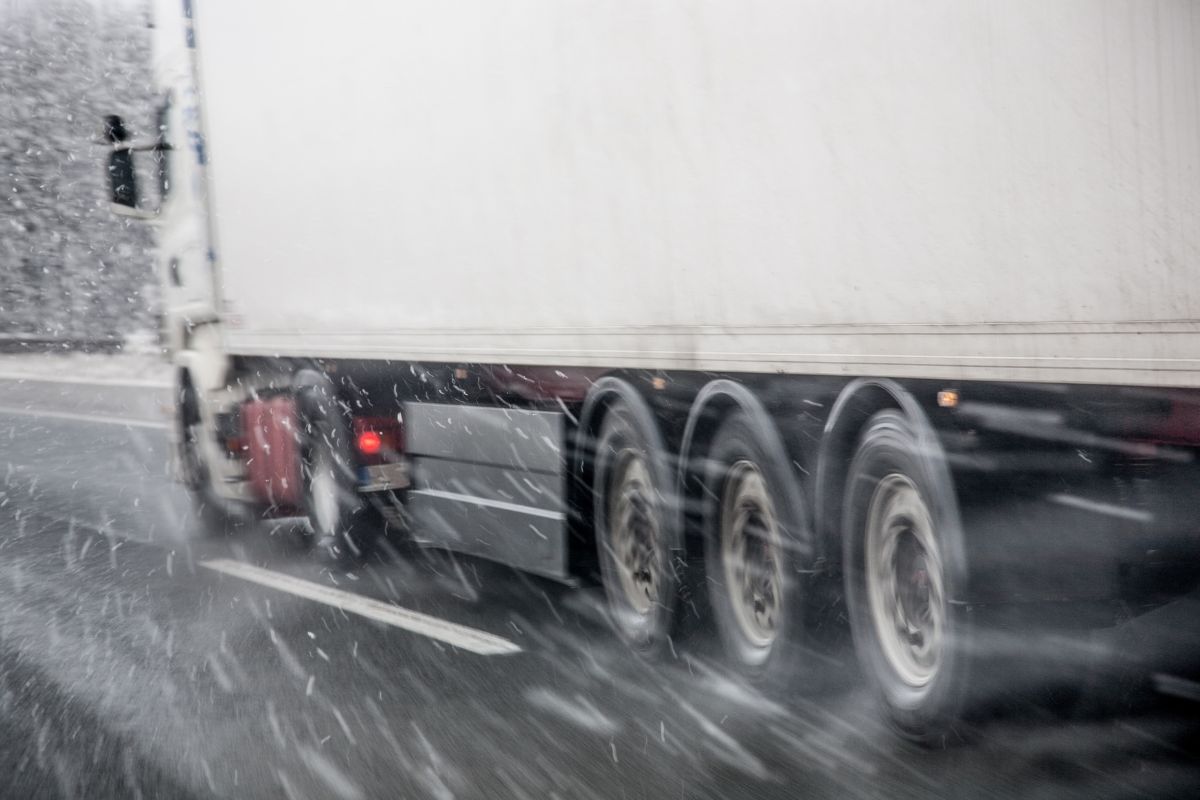
Truck accidents can be catastrophic, often leaving victims with life-changing injuries and massive financial burdens. If you or a loved one has been involved in a truck accident, you know how overwhelming the situation can be.
Going through the aftermath while trying to ensure justice is served can feel like an uphill battle. One of the most crucial steps in securing compensation is gathering the right evidence. This evidence can make or break your case, so understanding what you need is essential.
In this blog, we’ll walk you through the different types of evidence that play a pivotal role in a truck accident claim. From police reports to black box data, eyewitness testimonies, and truck driver logs, we’ll explain how each piece fits into building a strong case.
By the end, you’ll have a clear understanding of how to protect your rights and maximize your chances of a successful claim. Whether you’re just beginning your case or already deep in the process, knowing what evidence is needed will give you the upper hand in securing fair compensation.
The Essential Types of Evidence in Truck Accident Claims
When you pursue a truck accident claim, gathering strong evidence is key to ensuring success. Each piece of evidence helps to build your case and prove liability, which is crucial for compensation. Understanding which evidence holds weight is vital for a solid claim. Let’s take a look at some of the most important types of evidence you need:
- Police Reports: Vital for documenting the accident and details of how it occurred.
- Eyewitness Testimonies: Provide firsthand accounts of the incident.
- Medical Records: Establish the injuries and medical costs related to the accident.
- Truck Driver’s Logs: Can demonstrate driver negligence or violations.
- Black Box Data: Offers detailed insights into truck speed, braking, and other critical information.
Collecting these pieces of evidence strengthens your case and makes it easier to establish liability.
Police Reports: The Foundation of Your Case
The official police report is often one of the most important documents in a truck accident claim. It provides an unbiased, third-party account of the crash and contains critical information about the accident’s cause, who was involved, and any potential violations. Here’s why it matters:
- Accident Details: Includes the time, location, and nature of the crash.
- Witness Statements: Records the statements of people who were present at the scene.
- Law Enforcement Findings: Officers may identify fault or provide insights into potential violations.
To obtain the police report, contact the local police department where the accident occurred. Having this document ensures you have a foundational piece of evidence for your case.
Truck Driver’s Logs and Employment Records
Truck driver logs and employment records are essential pieces of evidence, especially when examining whether the driver violated trucking regulations. These records can indicate whether the driver was fatigued, unqualified, or failed to follow safety rules. Here’s how these documents help:
- Hours of Service Logs: Shows if the driver exceeded the legal driving hours.
- Employment Records: Details the driver’s history, training, and qualifications.
- Violations of Trucking Laws: Helps establish negligence by proving the driver’s failure to follow regulations.
These documents are crucial for proving that the driver’s actions led to the accident. Truck accident attorneys in Springfield, MO, can assist in obtaining and interpreting these records.
Black Box Data and Truck Maintenance Records
Black box data and maintenance records offer invaluable insights into the truck’s condition and performance at the time of the accident. The black box, also known as the event data recorder (EDR), captures essential data that can prove crucial in a case. Here’s why these records matter:
- Black Box Data: Tracks truck speed, braking, and other behaviors during the accident.
- Truck Maintenance Records: Shows if the vehicle was well-maintained and whether any mechanical failures contributed to the crash.
- Safety Concerns: Proving that a malfunction or inadequate maintenance caused the accident can strengthen your case.
These records help clarify what happened before the crash, showing whether the driver or the truck itself was at fault.
Eyewitness Testimonies and Surveillance Footage
Eyewitness testimonies and surveillance footage are powerful pieces of evidence that provide a clear, firsthand account of the accident. While eyewitnesses offer personal perspectives, surveillance footage can capture the exact moment of the incident. Here’s why both are essential:
- Eyewitness Testimonies: Help corroborate your version of events and may provide key details.
- Surveillance Footage: This can capture critical moments, such as the truck’s speed, traffic conditions, or the driver’s behavior before the crash.
- Third-Party Validation: Both types of evidence add credibility to your claim.
Collecting eyewitness testimonies and securing footage from nearby businesses or traffic cameras can significantly strengthen your case.
Medical Records and Injury Documentation
Medical records are vital for proving the extent of your injuries after a truck accident. Without proper documentation of your medical treatments, it may be difficult to claim compensation for your injuries. Here’s why medical records matter:
- Injury Severity: Shows the severity of injuries sustained, including long-term effects.
- Treatment History: Tracks every treatment from emergency care to follow-up appointments.
- Expert Testimony: Medical professionals can testify to the long-term impact on your health.
Expert Testimony: The Role of Accident Reconstructionists
Accident reconstructionists play a crucial role in many truck accident cases. These experts analyze the physical evidence and create a detailed account of how the accident occurred. Their testimony helps clarify complex aspects of the crash. Here’s why expert testimony is so important:
- Reconstructing the Accident: Helps determine the cause of the crash and whether the driver or conditions were at fault.
- Expert Analysis: Their opinions are based on scientific data, accident modeling, and evidence.
- Strengthening Your Case: Their input adds credibility and technical expertise, particularly in complicated cases.
Truck accident lawyers often rely on these experts to provide critical insight into the mechanics of the accident and who is liable.
Insurance Information: Gathering the Right Data
Collecting insurance information is crucial for establishing liability and helping with the compensation process. Both the truck driver and the company they work for should carry insurance, but this is not always straightforward. Here’s how to handle insurance information:
- Truck Driver Insurance: Obtain details about the driver’s insurance policy and coverage limits.
- Company Insurance: Many truck companies provide insurance for their drivers, so it’s important to get that information as well.
- Disputes and Complications: Insurance companies may dispute liability, making it essential to have all the right data for negotiations.
How to Safeguard and Preserve Evidence?
Preserving evidence immediately after a truck accident can make a significant difference in the outcome of your case. If evidence is lost or destroyed, it could harm your ability to prove fault and receive compensation. Here’s how to safeguard evidence:
- Take Photos and Videos: Document the accident scene, vehicle damage, and injuries.
- Store Digital Evidence Safely: Keep photos, videos, and emails in multiple secure locations.
- Act Quickly: The sooner you collect evidence, the less likely it is that it will be lost or altered.
Common Mistakes to Avoid When Collecting Evidence
Collecting evidence after a truck accident can be tricky, and some common mistakes can weaken your case. To avoid these pitfalls, follow these guidelines:
- Failure to Document Evidence: If you fail to take photos or gather important details, your claim may suffer.
- Talking to Insurance Adjusters Without Legal Counsel: Insurance companies may try to use your words against you.
- Not Consulting Legal Experts: Truck accident attorneys can guide you through the process and ensure proper evidence collection.
A truck accident claim involves gathering crucial evidence to support your case. Each piece of evidence—from police reports to black box data—plays a significant role in proving liability and securing compensation. By acting quickly, preserving evidence, and avoiding common mistakes, you can strengthen your claim. If you need help, seeking advice from experienced truck accident attorneys will ensure your case is in good hands. Don’t let valuable evidence slip away; act decisively to protect your rights.




